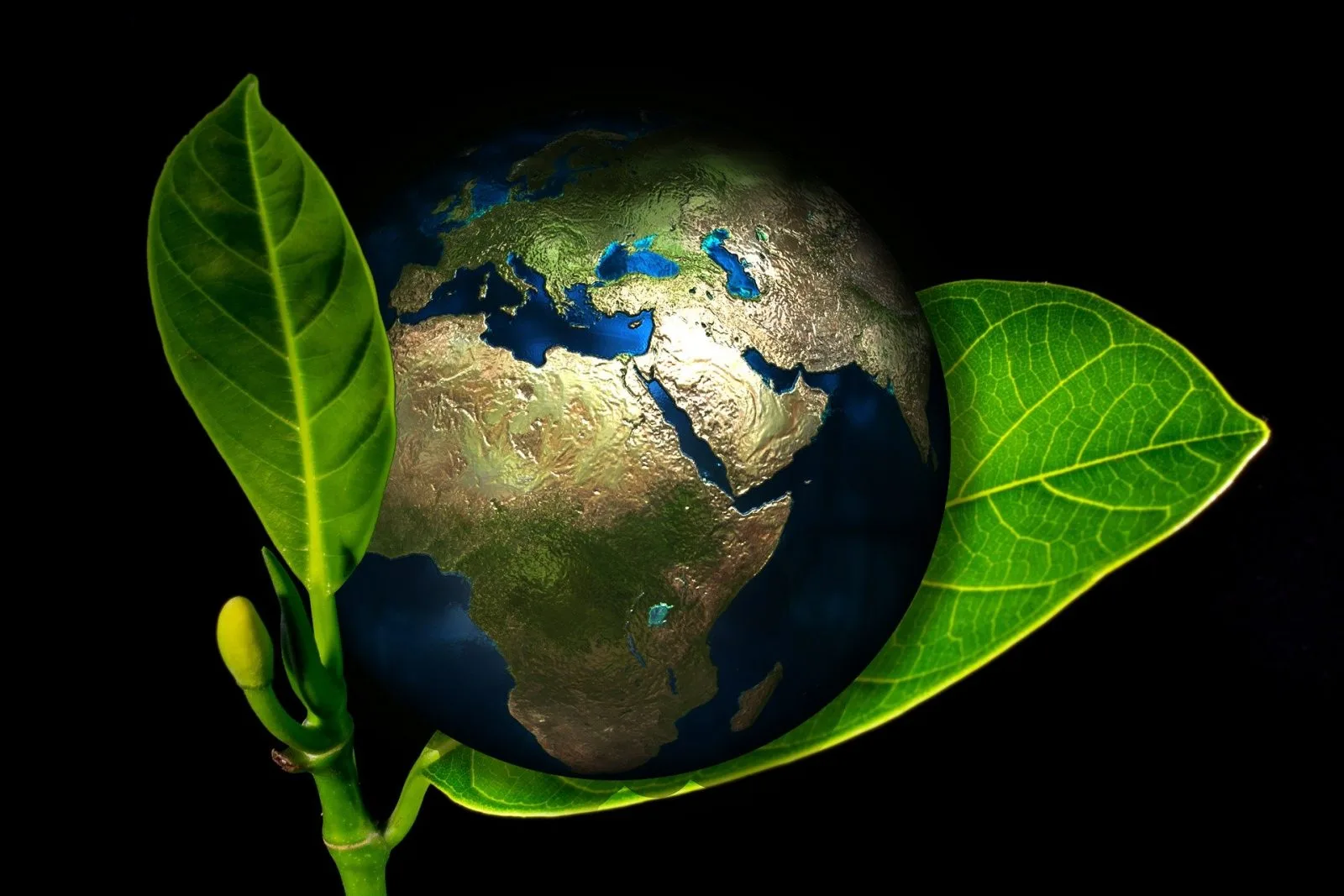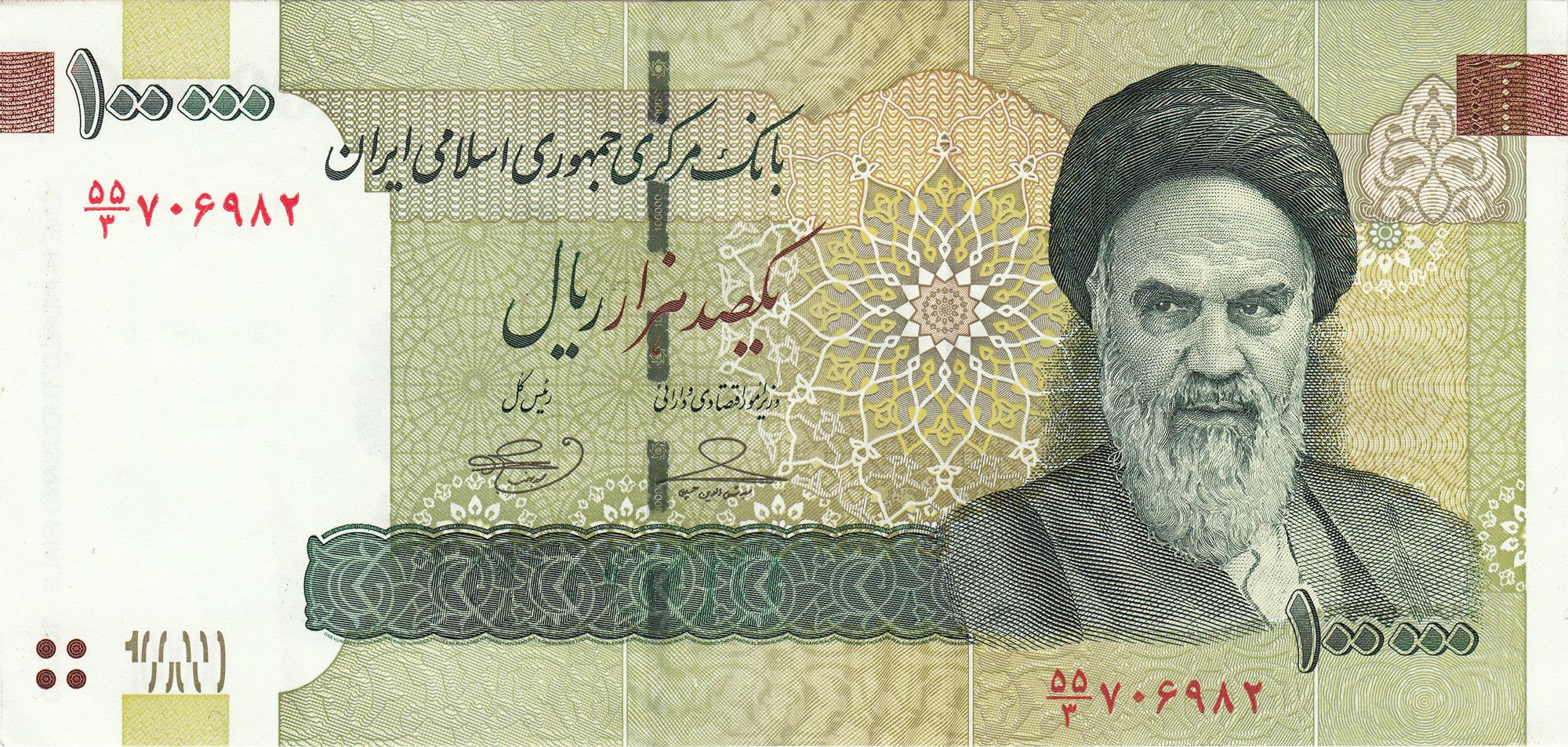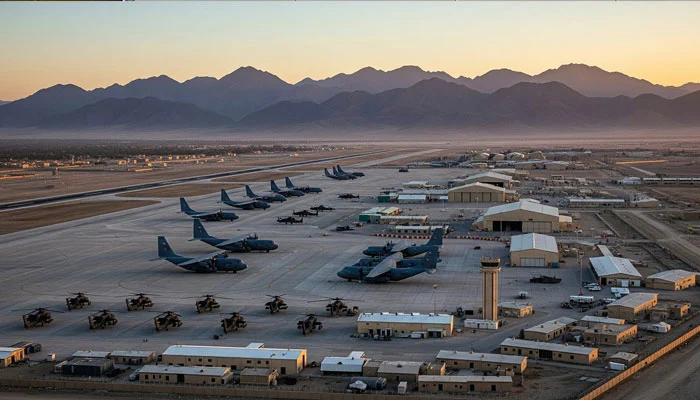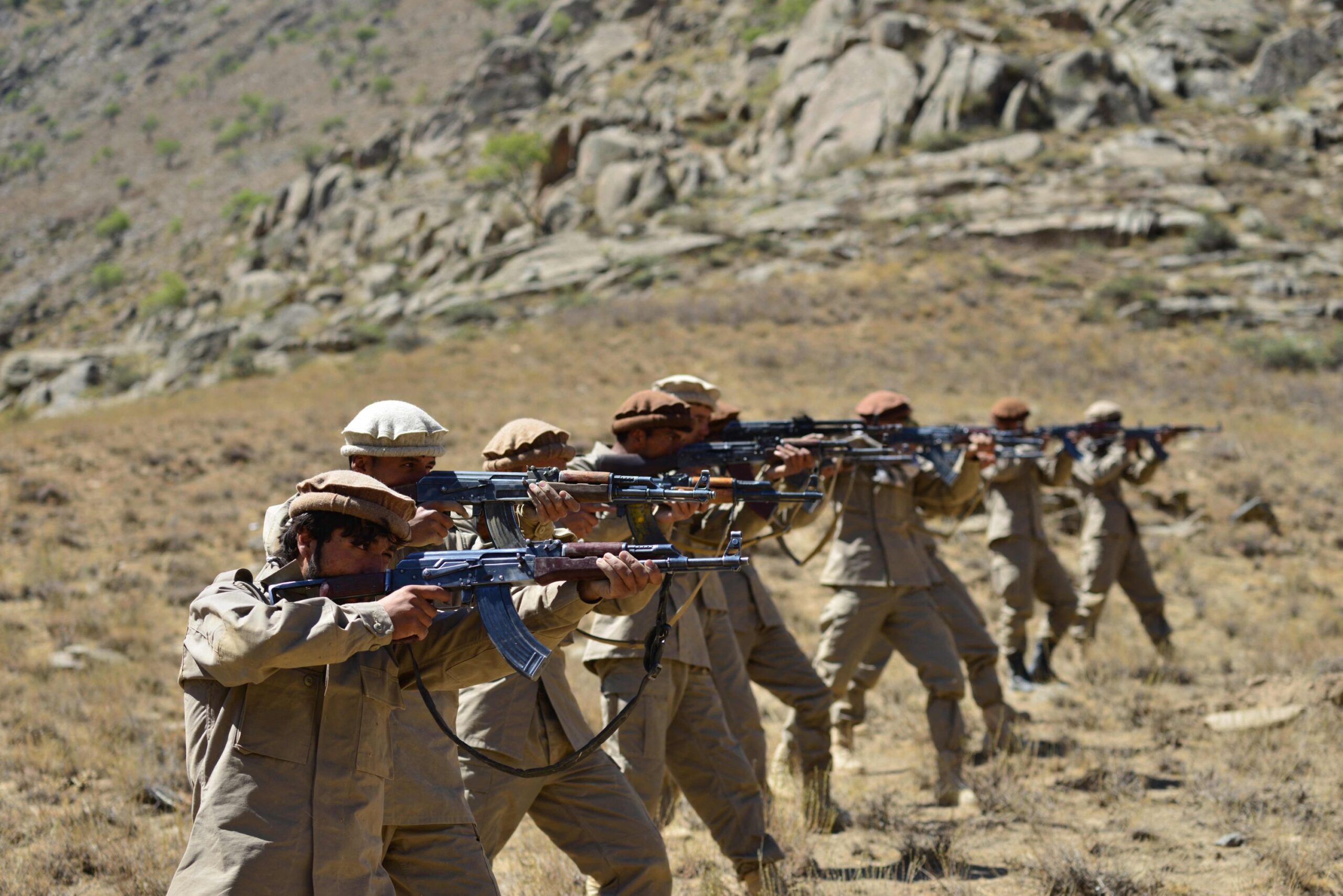Characterized by the impact of colonization followed by political instability, economic melt-down and social stratification, Pakistan struggle\’s to cope with the rapidly changing climate. Climate security has become a test case for the present Government. Though, Pakistan has been participating in the efforts to curb the damages of climate change at the international level since 1994 by first responding to endorse the United Nations Framework Convention on Climate Change (UNFCCC). Subsequently, the Environment Protection Act of 1997 has been the first Act passed by Pakistan followed by the National Climate Change Policy (NCCP) in 2012. Later a Framework for Implementation of Climate Change Policy (2014-2030) has been introduced in addition to the Climate Change Act of 2017. Moreover, the present Government’s initiatives are adding up towards capacity building. That is typically in terms of sustainable development and growth to adapt to climate change.
Unsustainable urbanization; a threat to Climate security
Concerns are grave. Swift urbanization and the emergence of megacities in Pakistan owing to the socio-economic pressures are significantly engulfing the natural habitats. While also turning cities into concrete jungles. An increase in floods, natural calamities, and non-seasonal rains during the past few years have caused internal population displacement. Besides climate security, food and water insecurity are becoming the prime concerns as a result of continuously changing climatic patterns that are estimated to reduce farming yield by not less than 50% until 2050. This is distressing especially if taken into account in light of the assessment of the Asia Pacific Journal of Clinical Nutrition proclaiming nearly 54 million people in Pakistan are food deficient.
Furthermore, external economic pressures such as; upsurge in the international oil price upsetting the domestic commodity price adversely affect the overall societal capacity. For this purpose, climate change by adding to the existing vulnerabilities has been considered a “threat multiplier” for Pakistan by the Institute for Strategic Studies, Research, and Analysis (ISSRA). The consideration is justified in view of the global events like Darfur and Arab Spring that have been initiated by the ecological crisis. Do we need to be alarmed? How should Pakistan plan its climate security?
Factors affecting Pakistan\’s climate change:
Considering the prevalent circumstances, climate security experts have developed a consensus. It indicates that many sectors, activities, and communities are vulnerable to climate change in Pakistan. This is mainly due to the monsoon variability and recession in glaciers. Further factors are saline water intrusion in the Indus delta and increased cyclonic activity. Therefore resulting in floods, droughts, in addition to reduced agrarian productivity. Resultantly, the Government acknowledges all the well-determined threats. However, sustainable economic growth is a factor on which sustainable development of climate and the environment is dependent. This indicates that climate change adaptation and mitigation measures are a futuristic context. These measures are also directly proportional to the socio-economic stability in Pakistan. Hence, what time-effective measures are feasible to adopt in achieving socio-economic stability? Can Pakistan plan ahead of its time with the current ‘reviving’ economy?
Foremostly, there is a need to determine the diversified risks involving societal, political, economic, and security aspects keeping in view our overall societal capacity. The next step is the creation of a National Adaptation Plan. This is in order to manage climate security threats. It is essential to secure the foundational resources to adopt mitigation measures in order to procure energy needs. This will help to produce a framework to counter the challenges at the national, provincial and constituency levels. This is essential because the climate crisis in Pakistan calls for community participation. Societal behavioural change is central to environmental well-being in the 2050 prospect.
The threat of water scarcity in Pakistan:
The Guardian has already predicted the emergence of conflict hotspots over water scarcity. Pakistan is geographically located in the most water-stressed region. Pakistan considers Kashmir its lifeline because of its reliance on water resource coming through Kashmir for hydro-power and agriculture. The New York Times reported that India has already threatened water weaponization against Pakistan. How can Pakistan combat this “threat multiplier”? Is the unresolved Kashmir Issue a perpetual threat to the global eco-systems and bio-diversity?
Pakistan\’s efforts towards Climate Security:
Prime Minister of Pakistan Imran Khan has made consistent efforts to mitigate the overarching effects of climate change. During his address in the inaugural ceremony of the seventh International Union for Conservation of Nature (IUCN) Asia Regional Conservation Forum, he emphasized that climate-related challenges are interconnected with socio-economic goals. Ehsaas (Poverty Elimination) Program, Plant for Pakistan, Clean Green Initiative, and Miyawaki Urban Forestry Project are a few measures the present Government has taken. This also includes other macro and micro-economic reforms that will help to uplift the societal structure. However, socio-economic pressures caused due to domestic and international economic upheavals are evident. More importantly, regional conflicts, geostrategic location, and climate change have placed Pakistan in a complicated position. In the midst of all these in-effect vulnerabilities, if Pakistan can take on adaptation and mitigation measures to attain climate security till 2050 is indeed a daunting challenge!







